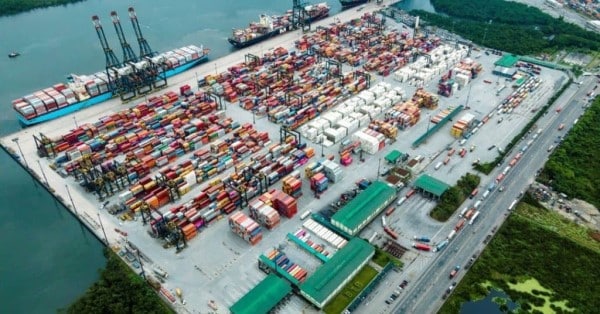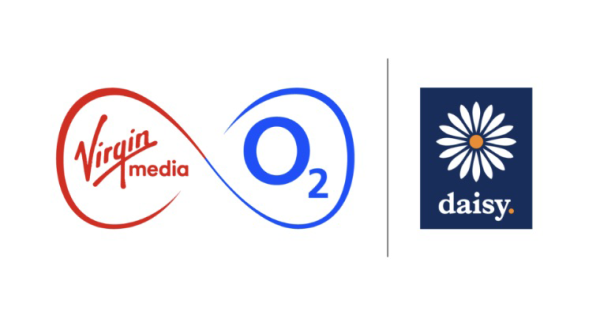Brasil Terminal Portuário (BTP), one of the largest container terminal operators in South America with operations in Brazil’s Santos port, is advancing the digitization of its operations with the implementation of a private 5G network.
The dedicated network is being deployed using spectrum held by Brazilian mobile carrier TIM, with network equipment and solutions provided by Finland’s Nokia. The project entails the installation of eight sites (antennas and related equipment) to cover BTP’s terminal area, in addition to Nokia’s Digital Automation Cloud (DAC) platform, Renato Bueno, Nokia’s head of sales for digital industries in Latin America, told BNamericas. DAC is Nokia’s private wireless network and edge computing platform for the mission-critical needs of asset-intensive industries.
“The partnership provides for the implementation of the sector’s first 5G private network on the Latin American continent and will evolve into a definitive structure after the release of the 3.5GHz band for the city [of Santos], scheduled by [regulator] Anatel for 2023,” the companies said in a joint statement.
One of BTP’s main goals with the network is to enable the implementation of solutions to increase equipment connectivity and boost operational efficiency.
“We want to increase our operational capacity within the current limits of the terminal and technology is key in this process. We believe technology has the power to make the port sector more efficient, safe and sustainable. We are continually investing in the development of new digital tools and technologies to offer our customers the best solutions,” CEO Ricardo Arten said in the statement.
The technology is expected to enable remote and real-time monitoring of equipment, such as cranes of different sizes, as well as operational activities, managed from a monitoring center. BTP also seeks to enhance communication among over 1,400 employees at the terminal, including with the use of its own tools and applications.
According to Nokia, first tests involving access network and private core, which assessed speed, coverage, and latency, proved positive and reached the goals and specifications established by BTP’s technical teams. BTP claims to be the largest container terminal operator in South America, with a current annual handling capacity of 1.5MTEUs.




























